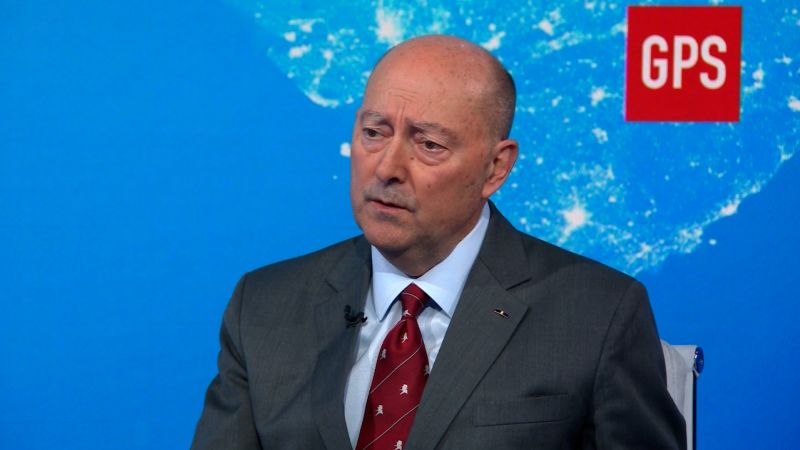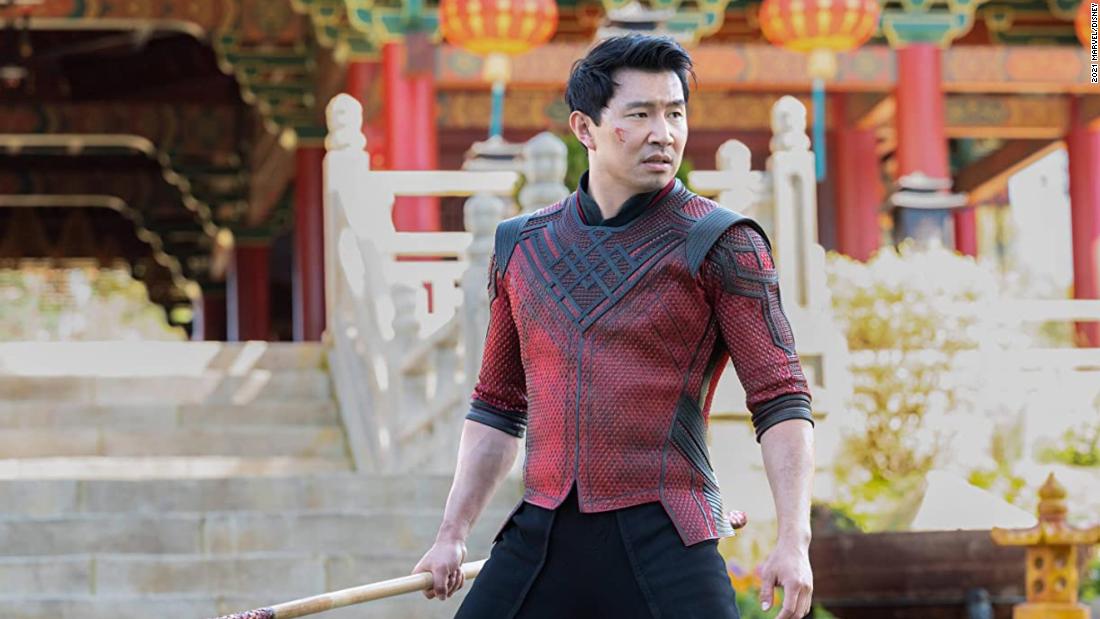In the 1970s, Marvel’s efforts to translate its characters to the screen were often tales of frustration. Today, comic books have become the life’s blood of movies and TV commercially, with Marvel emerging as the industry’s most reliable box-office draw, Warner Bros. throwing resources into DC and streaming services seemingly adapting one graphic novel after another.
Marvel introduced Shang-Chi as the son of the villainous Fu Manchu, after having sought to adapt “Kung Fu” into comic-book form. Unable to do so the company moved on, and when artist Paul Gulacy came aboard he rendered the central character as a striking likeness to Lee, who died in 1973.
Marvel enjoyed occasional breakthroughs — such as the Hulk and Spider-Man live-action TV shows that premiered in 1978 — but the company’s track record on screen was spotty at best, and awful at worst.
In TV, an animated version of Marvel’s flagship title “Fantastic Four” replaced the Human Torch (whose rights had been independently optioned) with a wisecracking robot named H.E.R.B.I.E. Ron Ely starred in a camped-up version of the pulp character “Doc Savage, The Man of Bronze.” “Conan the Barbarian” launched Arnold Schwarzenegger as an action star in the 1980s, but a few years later “Howard the Duck” became synonymous with box-office disaster.
As Stan Lee later noted, back then Marvel didn’t retain creative control over its properties in other media, resulting in “low-budget quickies” based on its titles, selling production options to “anyone who had $1.98 for the rights.”
Discussing the relationship then between comic books and Hollywood, Gerry Conway, a comic-book-turned-TV writer who left his stamp on such characters as Spider-Man and the Punisher, told the Los Angeles Times in 2003, “The people who were in a position to make decisions were generally ignorant as to what the material was, and there was an arrogance attendant to that ignorance.”
Then in 2008, Marvel Studios sought to seize control of its cinematic destiny, producing “Iron Man” leading off a five-movie plan (including “Captain America: The First Avenger” and “Thor”) that culminated with the superhero team-up “Avengers.”







More News
Bernard Hill, who starred in ‘Titanic’ and ‘The Lord of the Rings,’ dies at 79
In ‘The Fall Guy,’ stunts finally get the spotlight
The original ‘Harry Potter’ book cover art is expected to break records at auction